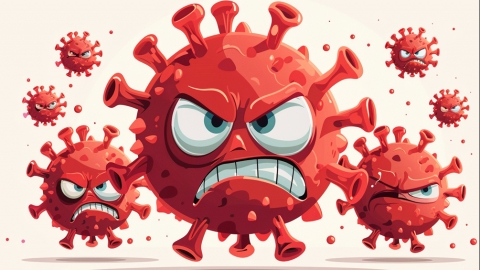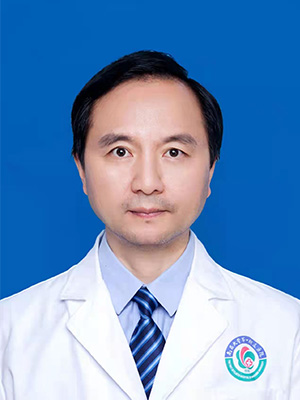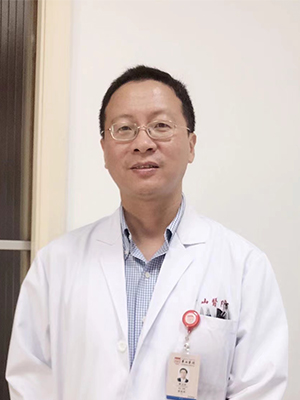Is it likely to spontaneously recover from a high-risk HPV18 infection?
Generally, the likelihood of spontaneous recovery from a high-risk HPV18 infection depends on the individual's age, immune status, and the persistence of the virus. Younger individuals with strong immune systems who are newly infected have a higher chance of self-resolution, whereas older individuals, those with weakened immunity, or those experiencing persistent infection have a lower probability of natural recovery. If concerned, it is advisable to seek medical consultation promptly. Detailed analysis is as follows:

If the infected individual is under 30 years old, has a healthy immune system, and has been newly diagnosed with HPV18 positivity, the body’s immune system can effectively recognize and eliminate the virus. In most cases, spontaneous recovery may occur within 1–2 years. No aggressive intervention is typically needed during this period; regular follow-up testing to monitor viral load, along with maintaining a regular sleep schedule and moderate exercise, can further enhance the likelihood of recovery.
However, if the individual is over 30 years old, has compromised immunity (such as due to chronic illness or long-term use of immunosuppressive medications), or has had persistent HPV18 infection for more than two years, the immune system's ability to clear the virus diminishes significantly, greatly reducing the chance of spontaneous recovery. Prolonged viral presence may damage cervical cells and increase the risk of cervical intraepithelial lesions, necessitating timely interventions to control viral replication.
After contracting high-risk HPV18, regular HPV testing and cervical cancer screening are essential to closely monitor viral activity and cervical health.









